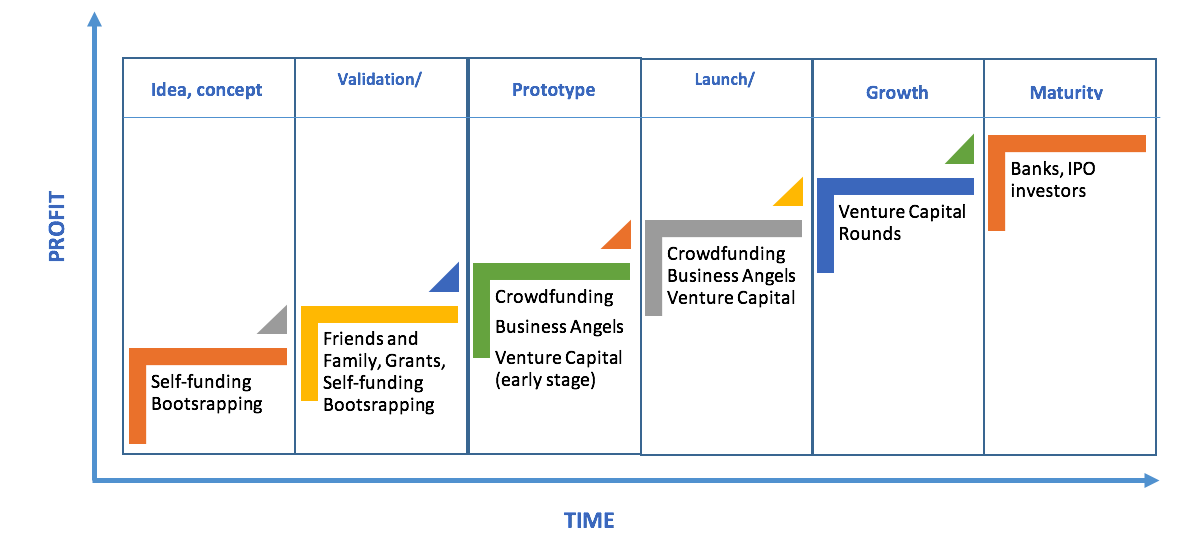Is Retirement a detriment to your health?
Working later in life can pay off with more than just income!
We are seeing more and more working later in life, which has a major impact on one’s financial situation and one’s physical ability to enjoy life.
The Aging Workforce:
The U.S. Bureau of Labor Statistics reported that 32% of people ages 65 to 69 were working, and 19% of people ages 70 to 74 were employed. The projection for 2024 is that 36% of people ages 65 to 69 will be in the labor force, far more than the 22% who were working in 1994.
There are many reasons why people are working longer, and some have to do with health. For example:
- Life expectancy has improved for people who reach age 65, and if you expect to live into your 80’s or beyond, it’s natural that you might still be working in your 60’s or 70’s
- Jobs require less physical work
- People in their 60’s are in better shape than 50 years ago
- People are better educated and those that are better educated are likely to work at any age
- Living longer means having to support that longevity financially
A study of 3,000 people, published in the Journal of Epidemiology and Community Health, suggested that working even one more year beyond retirement age was associated with 9% to 11% lower risk of dying during the 18 year study period, regardless of health. A study of 83,000 older adults over 15 years, published in the CDC journal Preventing Chronic Disease, suggested that, compared with people who retired, people who worked past age 65 were about three times more likely to report being in good health and about half as likely to have serious health problems, such as cancer or heart disease. Other studies have linked working past retirement age with a reduced risk of dementia and heart disease.
But, not all situations can be healthy for those working past retirement. If you find the work stressful, physically demanding or just plain boring, you may find these to be not so healthy or fulfilling. So, let’s point out that whichever side you choose to go with, it really depends on you as an individual and your circumstances.
What to consider:
- We do know that staying mentally, socially and physically active, which working may enable you to do, is good for health
- Mental stimulation and problem solving are good for maintaining thinking skills; social engagement is associated with staving off chronic disease; and staying physically active, even if it’s just walking, can lead to both better health and sharper thinking skills
- Does it mean you should keep working? Be smart about what you’re doing, don’t stay in a job you hate and try and find something that’s meaningful and gives you purpose. If you are happy at work, that’s a sign that work may be good for your health.
Please contact me If you would like to discuss business options that may be a fit and those that put off your retirement!











